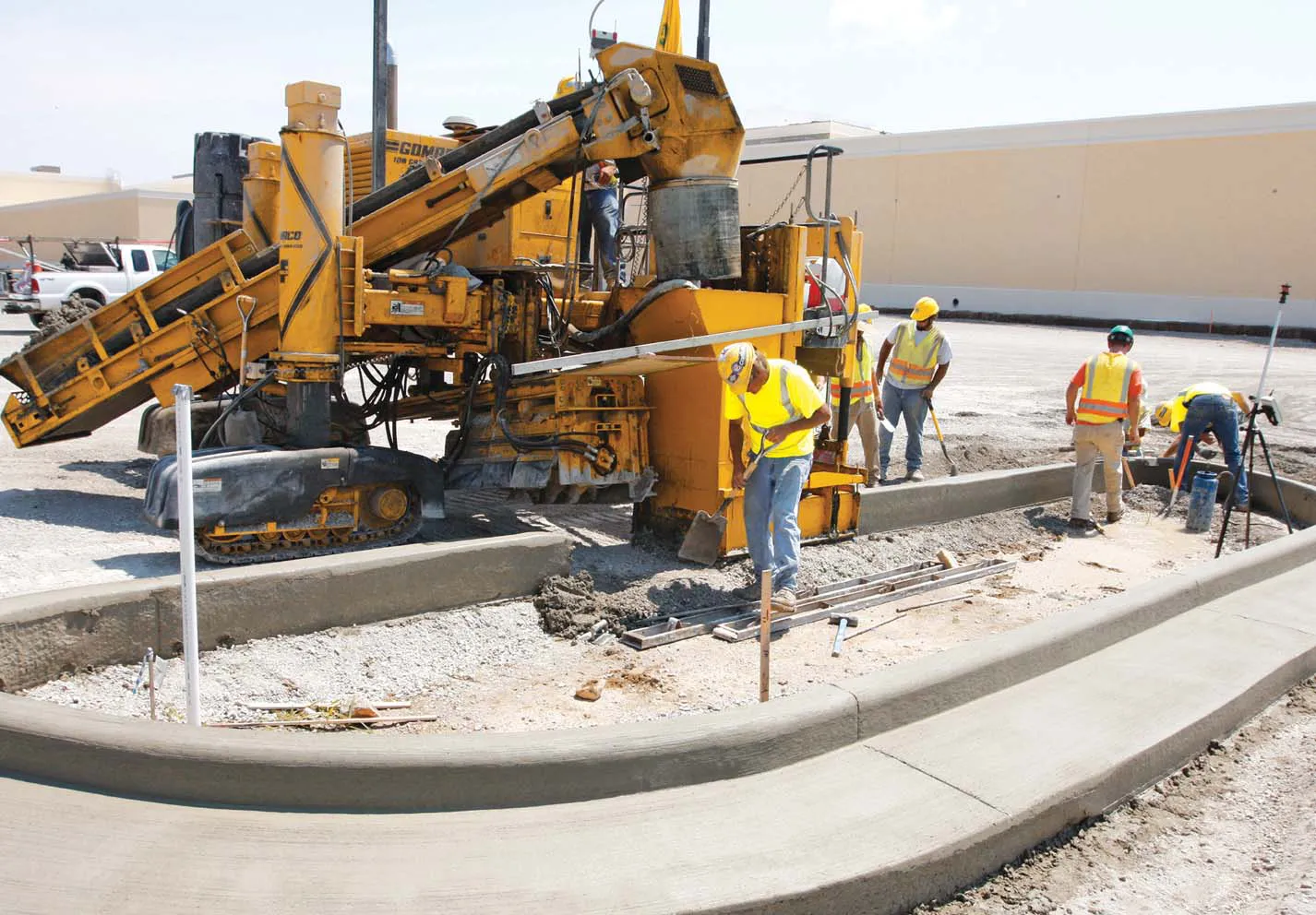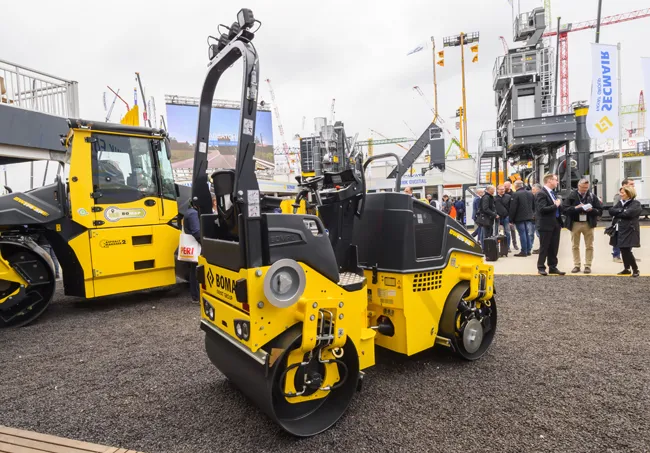
Trelleborg has unveiled its innovative cast-in profile sealing system at the recent 2017 Rapid Excavation & Tunnelling Conference (RETC). The firm says that its latest cast-in profile sealing systems are designed to help ensure that tunnelling projects keep to project timescales and budgets. The design of the units also helps to shorten the production process of concrete tunnel gaskets according to the firm.
The units have been developed to meet the needs of the tunnelling sector, with drives that are deeper and bores that are larger in diameter, as well as being in more challenging conditions than in the past. Time penalties mean that there is growing pressure to complete these projects to tighter deadlines, while meeting increasing demands for performance and safety. However, on many projects, concrete tunnel segments are fitted with rubber gaskets onsite and secured using adhesive, which Trelleborg says can lead to time-consuming and cost-intensive repair work as a result of displacement between segments that are not accurately positioned. This can reduce the gasket’s ability to withstand water pressure, exerting negative effects on the outcome of a project.
To combat the issue, the firm’s sealing system is precast into the tunnel segment during manufacture, removing the need for adhesive on installation. This saves time and the gasket forges a strong bond with the segment to improve installation accuracy and ensure increased watertight performance. By saving time, the novel Trelleborg units can reduce installation time considerably, delivering major cost savings and also helping ensure that project timelines remain on schedule.









